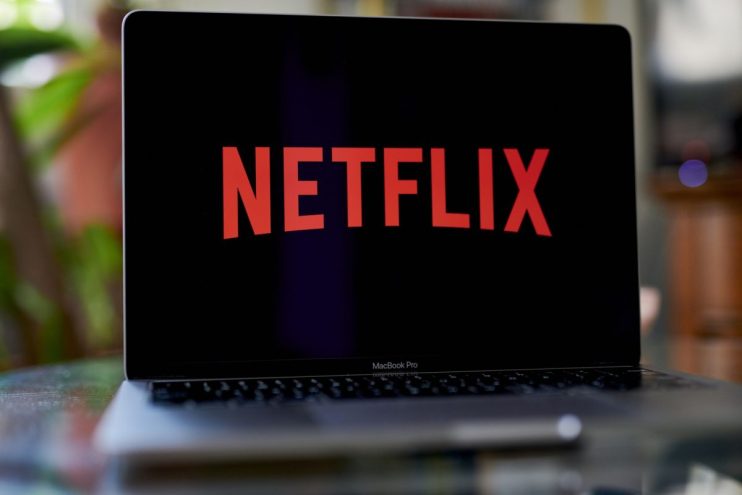Netflix fall a sign investors are looking again for fundamentals

When the electric carmaker Rivian listed on Wall Street last year, it was briefly valued at more than Anheuser-Busch. The latter, most famously, produces Budweiser; a beer that sells in great quantities for more than it costs to produce. It is a functioning, well understood business, and despite the best efforts of governments we remain at liberty to have a beer after work.
Rivian, however, had revenues of somewhere near zero when it hit its absurd valuation. The stock price was driven by a combination of an Amazon order, hype, and a fear of missing out.
Since that lofty valuation, shares in Rivian have fallen in the region of seventy per cent. Anheuser-Busch’s have gone up just shy of ten per cent. In those two companies we can see the results of a widespread investor rethink away from growth stocks towards good old fashioned value.
That’s been good for the FTSE 100, which has ridden out almighty headwinds this year to remain in positive territory in the year. ‘Old economy’ stocks like miners and banks, whilst unsexy, have done well. What it has not been good for is the Nasdaq, down 13 per cent since the turn of the year. And it is into that environment that Netflix’s disastrous subscriber update emerged on Tuesday evening.
There have been whispers about the firm for some time; laden with debt, and at saturation point in many of its key markets, it is hard to see where it goes next.
A cost-of-living crisis that has forced people across the world to investigate where each and every cent or penny goes won’t do it any favours either.
It’s not all bad. Boss class yesterday moved quickly – a cheaper, ad-funded model that they hope will reverse slowing subscriber growth. The new lower stock price may be appealing to investors, but otherwise it seems more and more are clicking ‘not for me’ on hyped, but fundamentally problematic, businesses. Perhaps the growth-stock industry’s next hit series might be a dramatic retelling of the Icarus myth.
